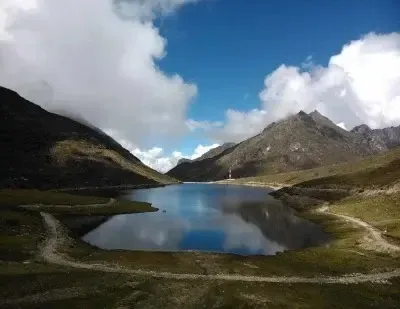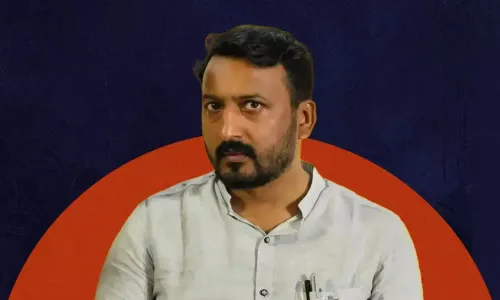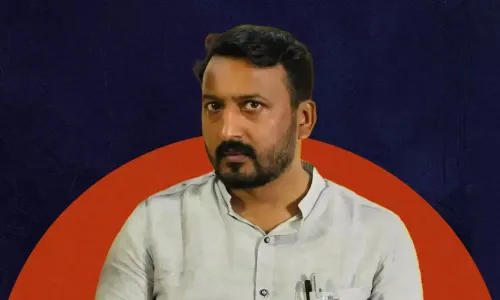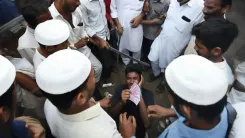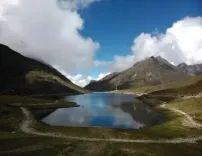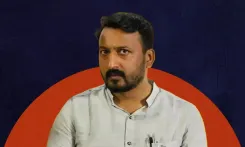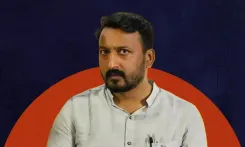Prime Minister Modi Honors Jallianwala Bagh Martyrs
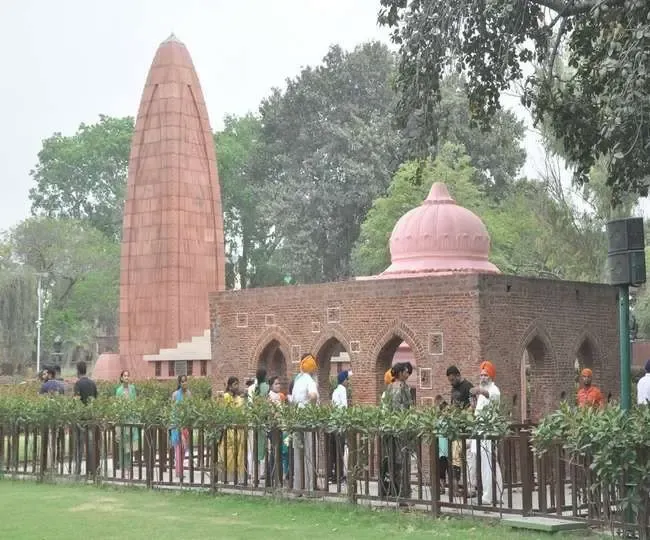
Synopsis
Key Takeaways
- PM Modi paid tribute to Jallianwala Bagh martyrs.
- The massacre occurred on April 13, 1919.
- It was a pivotal moment in India's freedom struggle.
- Brutality of British rule ignited widespread anger.
- Jallianwala Bagh is now a memorial site.
New Delhi, April 13 (NationPress) Prime Minister Narendra Modi paid his respects to the individuals who lost their lives during the Jallianwala Bagh massacre, commemorating the 106th anniversary of this tragic event on Sunday.
The massacre took place on April 13, 1919, when Colonel Reginald Dyer commanded British Indian Army troops to fire upon a peaceful assembly of thousands at Jallianwala Bagh in Amritsar.
In a post on X, PM Modi stated, "We pay homage to the martyrs of Jallianwala Bagh. Future generations will always remember their indomitable spirit. This was undeniably a dark chapter in our nation's history. Their sacrifice was a pivotal moment in India's freedom struggle."
Union Home Minister Amit Shah also marked the Jallianwala Bagh massacre, calling it "a dark chapter in India's freedom struggle."
He emphasized that the brutality of British rule evoked widespread anger among the populace, which transformed the freedom movement into a mass uprising.
"The Jallianwala Bagh massacre is a dark chapter in India's freedom struggle that resonated throughout the nation. The outrage that emerged from the inhuman cruelty of British rule turned the freedom movement into a collective endeavor," HM Shah remarked on X.
"I pay my respects to the martyrs who were killed at Jallianwala Bagh. The nation will forever honor the immortal martyrs in its memory," he continued.
Uttar Pradesh Chief Minister Yogi Adityanath also honored the martyrs, designating Jallianwala Bagh as a "sacred pilgrimage for all patriots." He commended the bravery of those who gave their lives.
In a post on social media platform X, CM Yogi expressed, "Millions of salutes to the immortal martyrs of Jallianwala Bagh! Jallianwala Bagh is a sacred pilgrimage for all patriots, where the courageous sons of the motherland laid down their lives while opposing the brutality of the British rule."
"The sacrifice of the immortal revolutionaries of Jallianwala Bagh is a timeless epic of the nation's dignity and freedom, which will continue to inspire," he added.
On April 13, 1919, women, children, and the elderly were going about their normal activities in the park, with some resting after visiting the Golden Temple. A group of individuals conducted a silent protest against the Rowlatt Act (also referred to as the Black Act), which permitted the British government to detain anyone without a trial.
Without warning, the protestors found themselves surrounded by British forces. Gunfire erupted, ceasing only when the soldiers nearly exhausted their ammunition.
While the true number of casualties remains debated, official reports estimate at least 379 fatalities. However, other sources suggest the death toll could exceed 1,000, with more than 1,500 individuals injured. This incident incited widespread outrage and intensified the Indian quest for independence.
Today, the site of the Jallianwala Bagh massacre, located in Amritsar, Punjab and overseen by the Jallianwala Bagh National Memorial Trust, has been transformed into a garden and memorial.
Situated near the Golden Temple complex, it serves to honor the memory of those who were killed and injured in the massacre on April 13, 1919. The site features a museum, a gallery, and various memorial structures.


